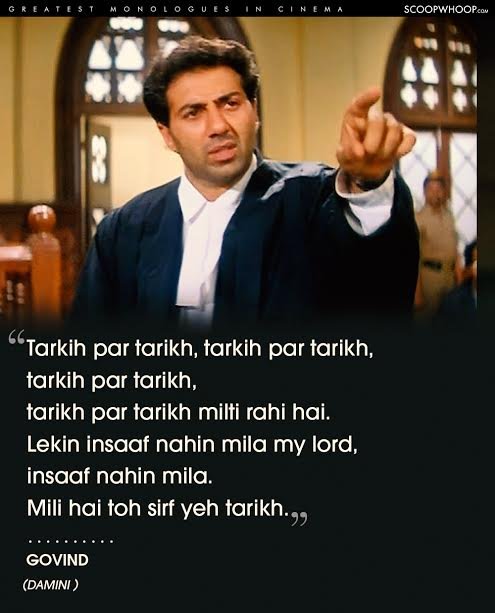

Or a monologue could signal a key development in a character arc, a change that the plot has exerted on this particular character. Or it could be a thematic shift, the monologue calcifying themes that have been bubbling. This could be a narrative shift, transitioning the story from one place to the next. Here the monologue will act as a kind of mission statement, presenting the character in question straight to the audience and often laying out the themes of the upcoming story.įurthermore, monologues often serve as a way of signalling a shift.
Monologue from movies tv#
However, you’ll also see monologues at the beginning of films or TV episodes. It leaves the audience thinking over its meaning and it provides a definition and purpose for the scene. This reason speaks to the purpose and effect of monologues.īeing that a monologue can sum up a certain theme, character aspect or sentiment, the end of a scene is a good place for it. But there’s a reason that great monologues often come at certain points within a script. It may be long but it needs to be as laser-focused and efficient as any other piece of dialogue or element of the script overall.Ī monologue needs to come at an appropriate point within a scene, otherwise, it will feel jarring. A monologue can’t be an opportunity for the writer or audience to get distracted. Attention will drift not only from the scene and film itself but from the focus of the monologue and of the story overall. Put simply, if a monologue goes on too long the audience will get bored. A great monologue will capture the audience’s attention and imagination with length and tone but cut short just at the right time. Whilst there are no strict limits to the length of a monologue, there should obviously be restraints put on the length of a monologue. But it’s also a mood, a certain way of a character talking that is different from the surrounding dialogue.

A monologue is a character talking for a long time. Often rather than literal length, it’s the rhythm and tone of a speech coupled with that length that makes it a monologue. If most dialogue is a line or two long, a monologue may be a page or more. Furthermore, on the page, a monologue will also seem longer. That doesn’t sound like very long at first, but a minute of screen time can often feel like an eternity, especially when coming within the context of dialogue that is typically exchanged back and forth. However, it’s generally understood that a speech said by one character for more than a minute constitutes a monologue. The both simple and complex answer is that there is no set length for a monologue. Instead, we understand this is a moment for us to listen to, an important reveal on the character’s part and a potentially crucial bit of information about the story’s theme. When a character embarks on a long speech we don’t see it as odd or out of keeping with the drama. And we, as hardened audiences, understand the shorthand of this format. However, it’s important to note that usually a speech delivered to the audience will be considered a soliloquy rather than a monologue.įrom this ancient form, the tradition of monologues has formed. Monologues originally come from theatre, where a character will typically deliver a speech to either another character or as an aside to the audience. But there is a shorthand that comes with monologues that audiences have come to implicitly understand. And great monologues are ones that condense and encapsulate a key part of a story.Ī monologue is a long speech delivered by one character. They can be gut-wrenching emotional confessions, pivotal moments of characterisation or grand thematic statements.Īudiences remember monologues for these reasons. In film and TV, great monologues have the power to hit an audience more than any other moment in a story.


 0 kommentar(er)
0 kommentar(er)
